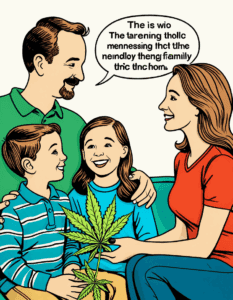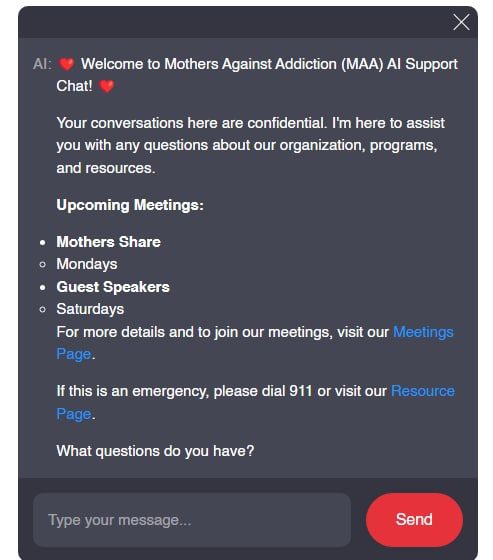In the journey through addiction, knowledge serves as a vital lifeline for parents facing the heart-wrenching reality of their children’s struggles. Understanding medication risks, the impact of juvenile substance use, mental health connections, and holistic recovery options can dramatically alter how families cope. By diving deep into these key traits, we can uncover how knowledge empowers parents to address the challenges of addiction and recovery with vigor and compassion.
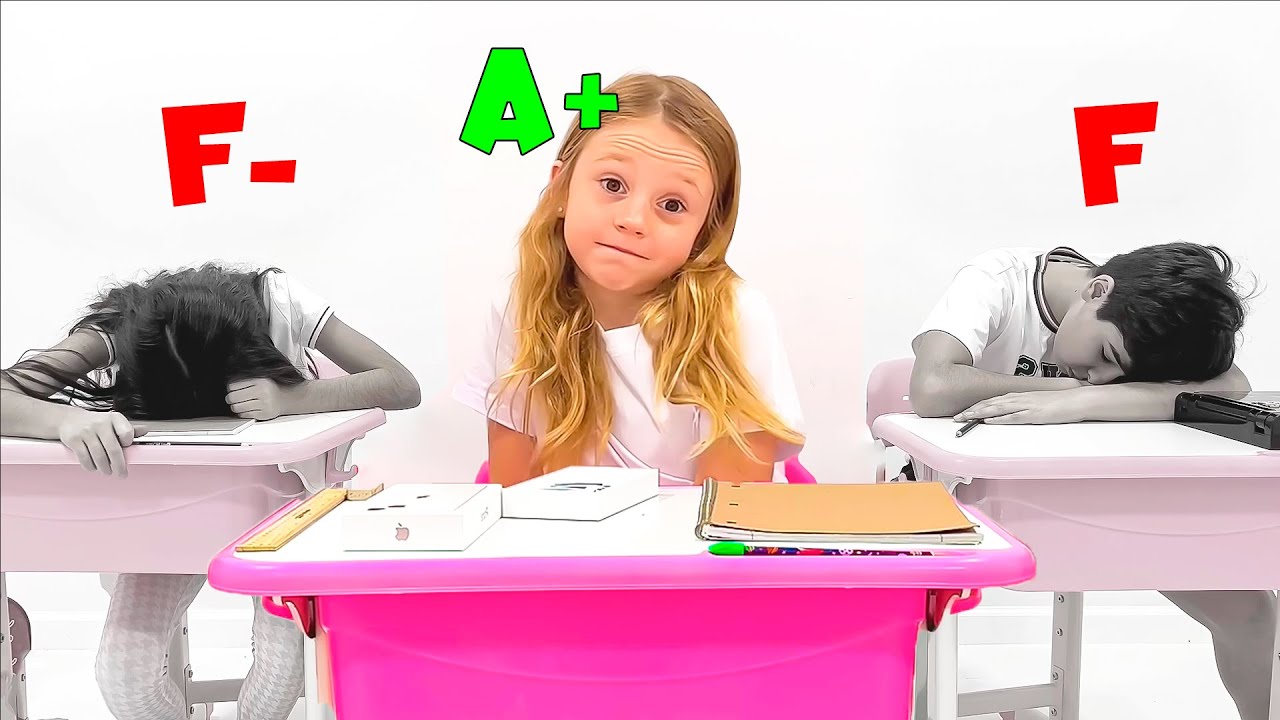
## Knowledge: Key Traits Defining Their Extraordinary Journey
To begin with, a comprehension of commonly prescribed medications like Tramadol and Zubsolv is imperative for parents. Tramadol, an opioid pain reliever, has seen a significant uptick in misuse among teenagers. A study published in 2021 by the Substance Abuse and Mental Health Services Administration (SAMHSA) indicated that emergency visits due to Tramadol overdoses had doubled in just five years. If you’ve never encountered Tramadol, envision it as a double-edged sword; it can relieve pain but also lead to addiction when mishandled.
Now, Zubsolv comes into the picture, used primarily for treating opioid dependence. Many parents misunderstand its role, viewing it solely as a recovery tool without acknowledging potential misuse. Educating oneself about the side effects and anticipated results of these medications can empower parents to navigate the complexities that addiction brings. Equipped with knowledge, parents can initiate discussions with their children about these medications, creating a setting where fears and misunderstandings can be voiced.

2. The Impact of Youth Substance Use: Exploring Juvenile Challenges
The juvenile phase is often a pivotal time for initiating change. According to the National Institute on Drug Abuse, nearly 29% of U.S. high school students reported using illicit drugs at least once. Parents often underestimate how peer pressure sways young minds into experimenting with substances. The real-life story of Sarah, a vibrant 17-year-old, emphasizes the urgency of early intervention. Initially using marijuana as a social experiment, Sarah’s story escalated quickly, leading her to opioid use.
This narrative highlights the importance of parental involvement and education. A proactive discussion about the risks and consequences of substance use can deter deeper issues later on. By understanding the early warning signs, parents can foster an open environment with their teenagers where difficult conversations become manageable, cultivating trust and support.
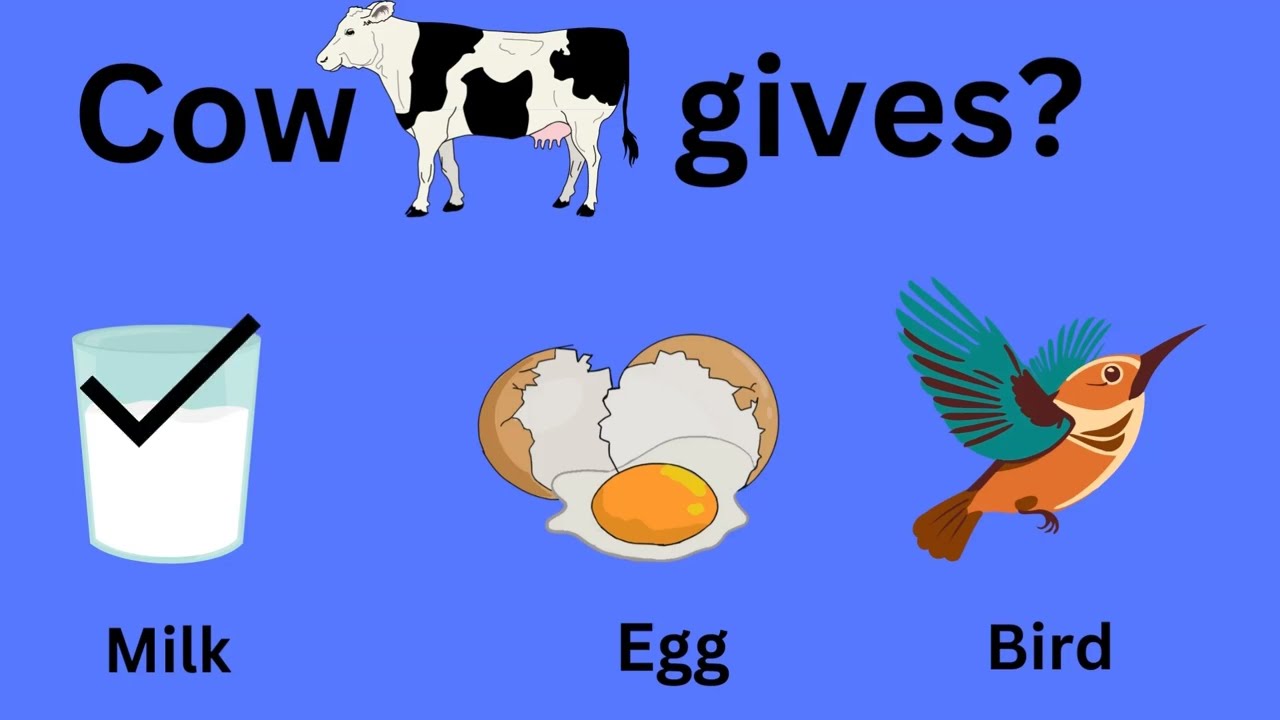
3. Perception Matters: Understanding the Perceived Risks of Addiction
The perceived risks surrounding addiction hold significant sway over a teenager’s inclination to experiment. Myths abound, including the belief that addiction solely affects marginalized communities “not my kid.” The public awareness campaign “Above the Influence” has successfully tackled these misconceptions by showcasing diverse stories of resilience against addiction.
Instead of approaching the topic of addiction with fear, parents can foster a realistic dialogue that underscores the broader impact of substance use. This orientation encourages teenagers to embrace openness and honesty, which are essential qualities in confronting struggles effectively. Surely, the journey involves more than mere understanding; it requires genuine connection and empathy.

4. The Connection Between Mental Health and Substance Abuse: Addressing Suicide and Addiction Links
Understanding the link between mental health and substance use is crucial; a sizeable proportion of individuals battling severe mental health conditions are also at heightened risk for suicide and substance abuse. According to the National Alliance on Mental Illness (NAMI), awareness allows parents to be more vigilant and supportive of their children during such difficulties.
The tragedy of Robin Williams’s passing serves as a stark reminder of this connection. Williams’s battle with depression and addiction emphasizes the need for mental health conversations at home. Engaging in these discussions and identifying warning signs can profoundly impact a child’s willingness to seek help, breaking cycles of silence and stigma.
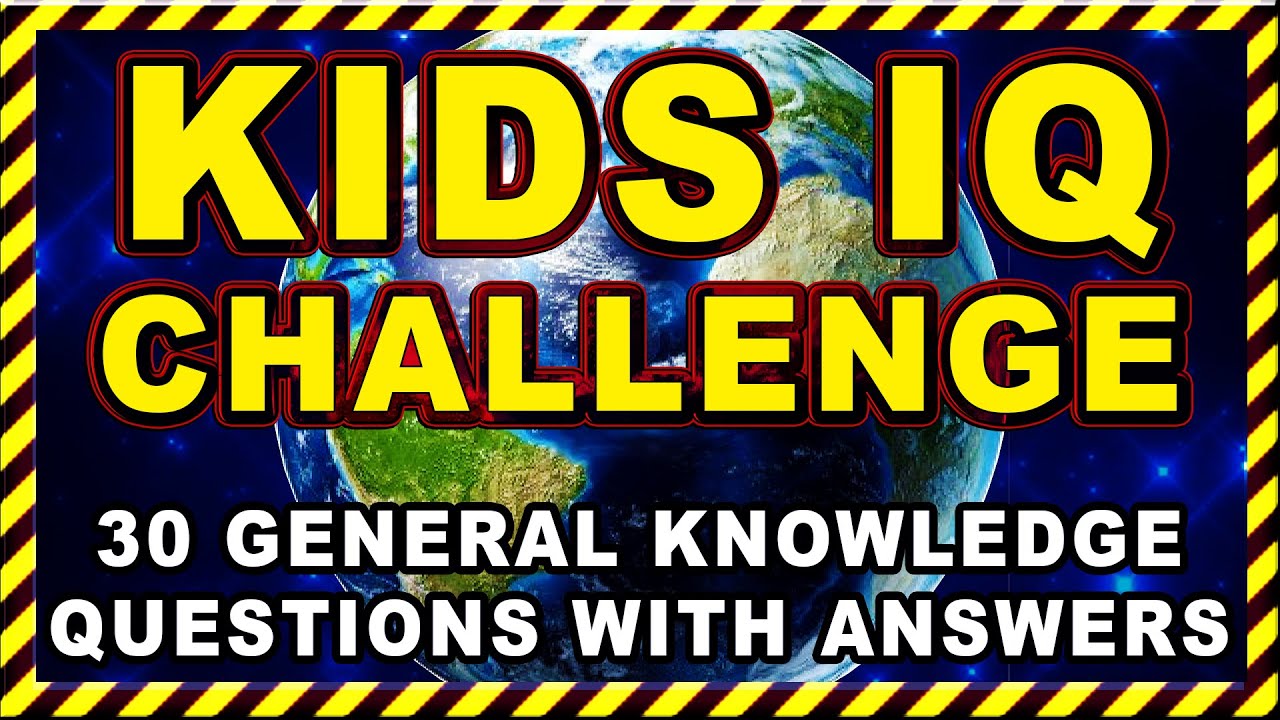
5. Brain Function and Addiction: Understanding the Role of Bubrain
Next, knowledge regarding bubrain, a term describing the effects of addiction on brain function, is critical for parents. Addiction impacts brain chemistry, particularly in adolescents whose brains are still maturing. Substances like alcohol and opioids disrupt neural pathways crucial for decision-making and impulse control.
Research shows that regular drug use during adolescence can lead to significant changes in the frontal lobe, which governs self-regulation and social functions. This knowledge is vital for parents striving to cultivate healthy environments for their children. By fostering supportive home lives, parents can help their children make choices that nurture their brain development.
6. Promoting Health and Wellness: The Role of Salud in Recovery
Incorporating salud, or the recognition of health and wellness, into recovery conversations proves essential in today’s context. Programs like “Teen Challenge” illustrate the importance of comprehensive approaches that include mental, emotional, and spiritual aspects of recovery.
Other research indicates that integrating elements like mindfulness, balanced nutrition, and physical activity enhances recovery outcomes. Parents who familiarize themselves with these holistic options can advocate for supportive resources, guiding their children toward sustainable recovery.
In conclusion, the journey through addiction and recovery is undeniably marked by knowledge—a powerful tool that empowers parents and caregivers in facing the many challenges they encounter. By shedding light on the risks associated with medications, understanding youth substance use dynamics, recognizing mental health connections, and embracing holistic approaches to recovery, parents can foster communities rooted in compassion and resilience. When armed with knowledge, they can not only support their children in overcoming addiction but also cultivate an environment of healing. Ultimately, this extraordinary journey can unfold as a narrative steeped in hope and recovery. Knowledge isn’t just power; it’s a lifeline.
You can visit Mothers Against Addiction for more resources on understanding addiction and ways to support families in need.
Knowlege: The Key Traits That Define Their Extraordinary Journey
The Power of Knowlege in Recovery
When grappling with addiction, knowlege is like a lifeline. It helps families understand the intricate nature of substances and their effects, making resources such as the definition of substance meaning invaluable for those seeking clarity. Knowing what they’re dealing with can empower parents to advocate more effectively for their children’s recovery. As they navigate these challenging waters, they find that even seemingly fun facts can offer perspective. For instance, many might not know that Rory Mccann, famous for his role in “Game of Thrones, once fought addiction himself. His journey showcases that recovery isn’t just a straight path but a winding road filled with valuable lessons and triumphs.
Engaging Trivia on the Journey
In learning about the addiction landscape, families uncover fascinating trivia. Did you know that the ability meaning reflects not just physical skills but emotional strengths as well? These might come into play during a loved one’s recovery. This concept ties directly into the Sbirt model (Screening, Brief Intervention, and Referral to Treatment), which emphasizes the importance of early detection and intervention. It’s a tool that equips families with the knowlege they need, almost like a secret weapon in the fight against addiction. Remarkably, recovery can lead to surprising outcomes. For instance, there are individuals who find unexpected success in their careers post-recovery, much like Bobby Bonilla, whose contract in Major League Baseball became famous for its intricate structure and lengthy payout plan.
Inspirational Stories and Their Lessons
As families delve deeper into the journey of recovery, they often discover stories that inspire them. Jj Feild, known for his roles in various films, discusses in interviews how the notion of morale can shift your perspective. This attitude can parallel the mental adjustments one must make during addiction recovery. Furthermore, let’s not forget popular culture—like the hilarious Hot Fuzz that depicts the absurdities in life and can serve as a much-needed comic relief. Exploring these narratives helps families feel a sense of connection to others who have faced similar battles. And while some may turn to Percaset for pain relief, it’s crucial to remember that understanding the choices behind such medications plays an essential role in knowlege.
In this ever-expanding knowledge space, every new piece of information holds the potential to lead families towards enlightenment and empowerment. Knowledge, in essence, becomes more than just facts—it’s a blend of stories, science, and support that forms the backbone of their extraordinary journey through addiction.


















